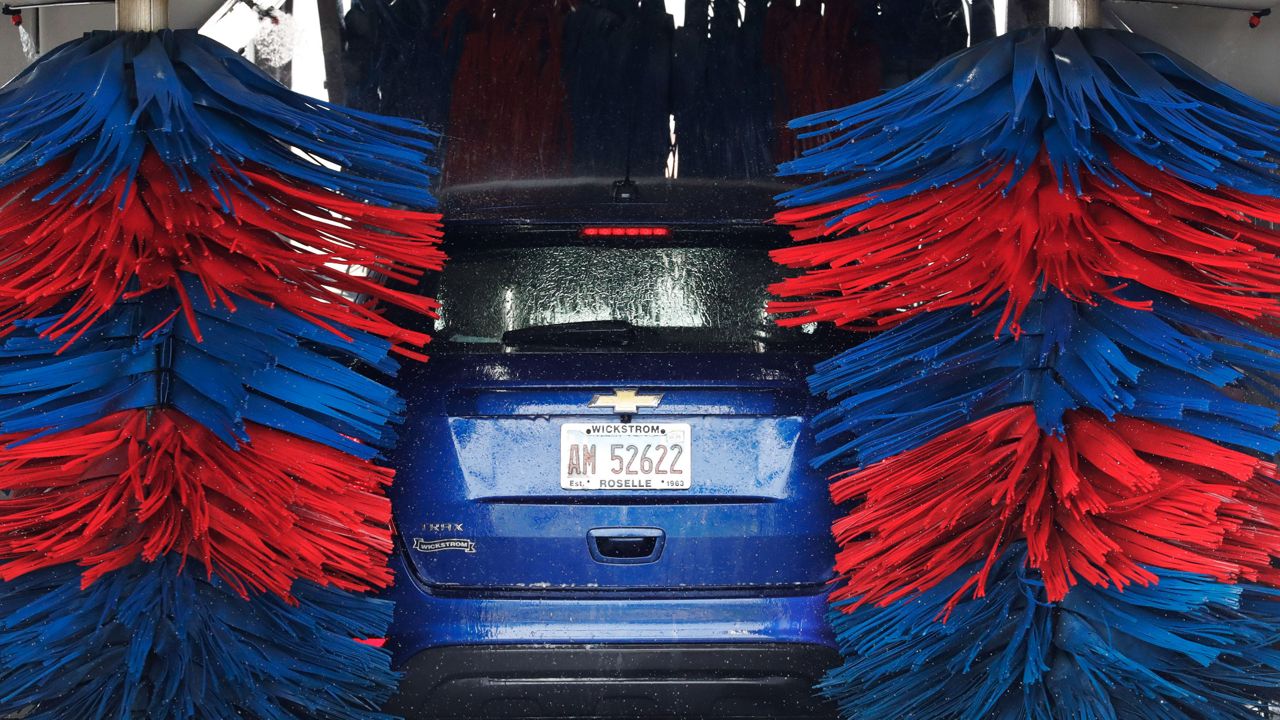It’s a common sight on a rain-free weekend: car in the driveway, a bucket of soap and water next to it, garden hose at the ready.
But what's not common knowledge is that those car washes at home are also a source of water pollution in our own communities.
Keeping our vehicles clean is just one of the necessary parts of maintaining our vehicles, so they have a long life. Unfortunately, the do-it-yourself method isn’t so good for the environment.
We’re usually most concerned about getting rid of the dust and dirt off our cars when we give them a bath. But along with that is grime, oil, grease, exhaust residue, and the soap chemicals themselves.
When you’re washing your car in the driveway, the water and whatever it’s carrying flows into storm drains, which go into your local waterways. None of it is treated, so it pollutes that water.
It’s not just the dirty stuff that causes issues. Phosphates from the soap, when they get into streams and lakes, can help excess algae grow. Algae doesn’t just look bad; it also harms water quality and uses up oxygen when it decays–the same oxygen fish need to stay healthy.
Plus, we waste a lot of water when we wash our own vehicles. The Mid-America Regional Council says the average homeowner uses more than 100 gallons of water when washing.
Government regulations require they drain their wastewater into sewer systems, which carry the water to treatment plants. That water is filtered before leaving the car wash facility, and the waste filtered out has to be stored and disposed of in specific ways.
Commercial washes also use water more efficiently and try to reuse what water they can. Even though reclaiming used water is a complicated process, it’s less wasteful than constantly bringing in fresh water.

The International Carwash Association has a program called WaterSavers, which recognizes car washes that meet certain standards. They must use an average of 40 gallons of water or less per vehicle, among other water and chemical requirements, according to Bethanee Martin from Express Wash Concepts.
If you do prefer sticking with the DIY method, you have some options. Make sure your car doesn’t have any fluid leaks. Use a soap that’s non-toxic, phosphate-free and biodegradable.
Park on grass or gravel, which can absorb some of the water and naturally filter it. When you’re done, dump out the soap bucket into a sink or toilet.
Our team of meteorologists dives deep into the science of weather and breaks down timely weather data and information. To view more weather and climate stories, check out our weather blogs section.



